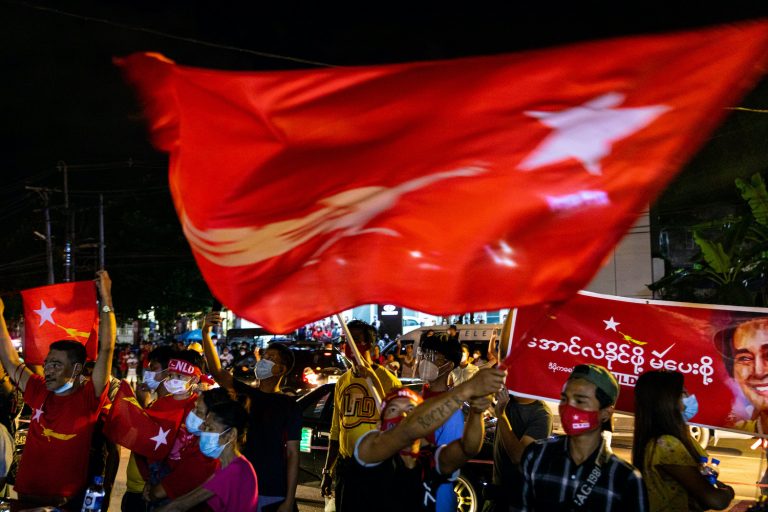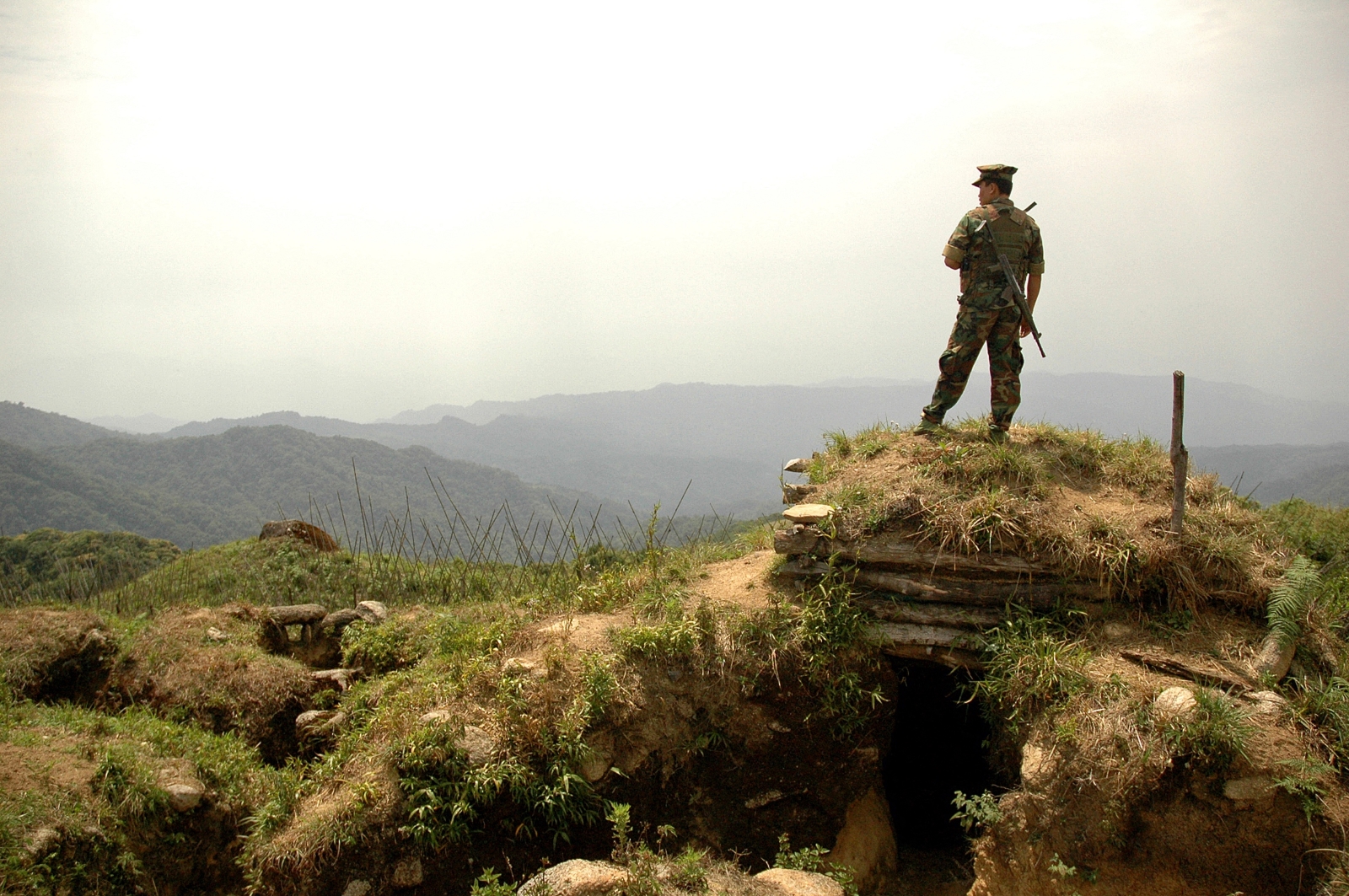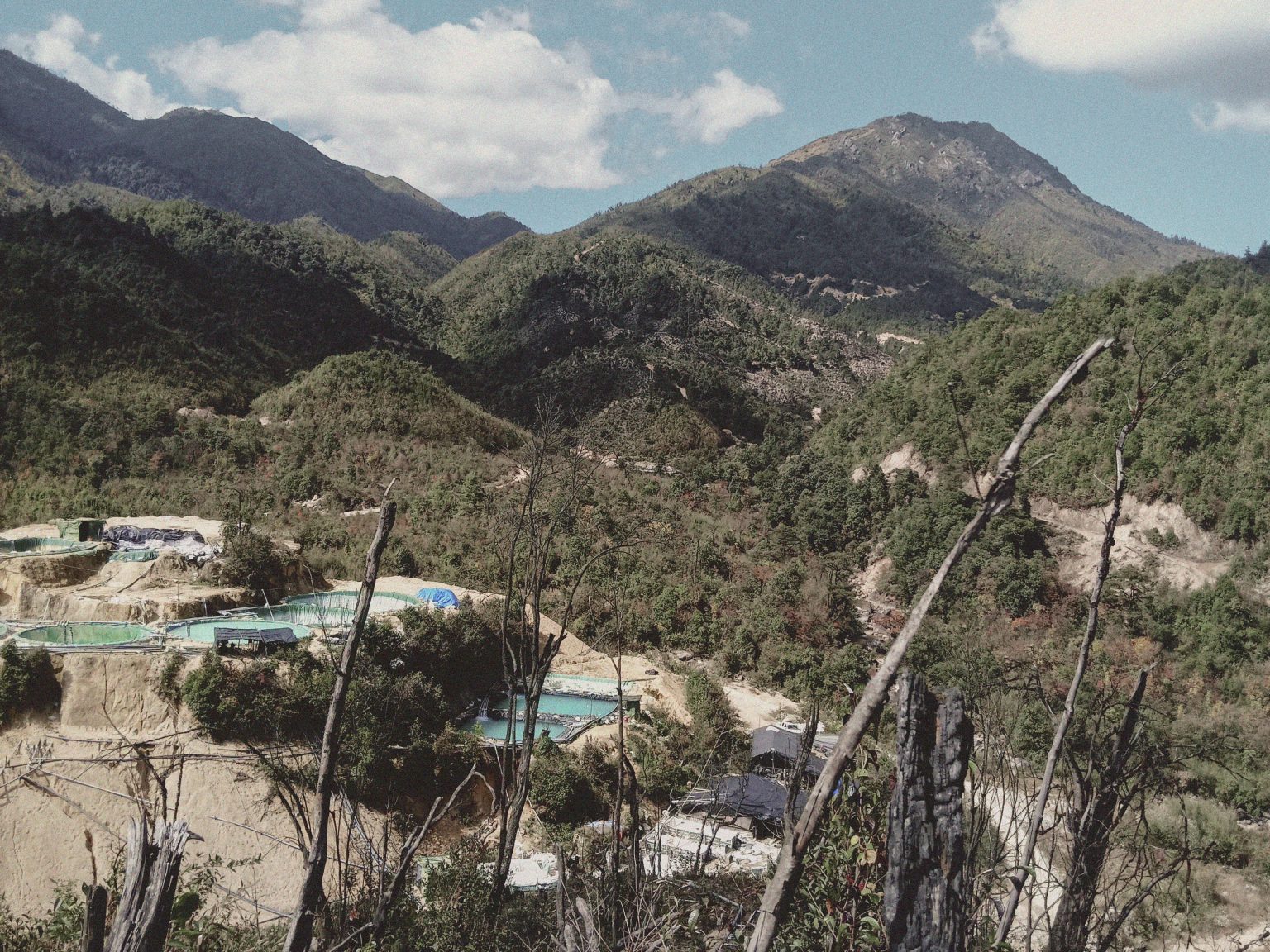By NYAN HLAING LYNN | FRONTIER
NAY PYI TAW — A Union Election Commission tribunal has ordered Kachin militia leader Zahkung Ting Ying to vacate his Amyotha Hluttaw seat after a ruling in the commission’s Nay Pyi Taw headquarters.
According to the tribunal’s verdict on Friday, there was obvious evidence that Ting Ying had broken numerous election laws while campaigning, including the physical intimidation of rival candidates.
Ting Ying successfully recontested his seat for Kachin’s 5th constituency as an independent last November, a seat he first won during the 2010 election. He is the leader of the New Democratic Army Kachin (NDA-K), a pro-government militia that was constituted as a Border Guard Force in 2009.
In October, armed associates of Ting Ying attacked National League for Democracy candidates attempting to campaign in parts of Chipwi, Hsawlaw and Injangyang townships under NDA-K control, the tribunal heard. The previous month, the men had also prevented candidates from the Union Solidarity and Development Party from erecting party signboards and meeting with the public, for which the election commission gave Ting Ying an official reprimand.
Support more independent journalism like this. Sign up to be a Frontier member.
U Yaw Na, an independent candidate for Kachin-5 filed the complaint against Ting Ying back in December alongside U San Wai Khung Lwang, the NLD’s unsuccessful candidate for the state seat of Hsawlaw-1. With the second highest number of votes in the November poll, Yaw Na is set to take the seat vacated by the militia leader.
Zahkung Ying Saung, the NDA-K leader’s son, was elected to represent the Chipwi-2 constituency in the Kachin State Hluttaw last year. A separate complaint brought against Ying Saung by U Khaw Baum, the NLD’s candidate for the seat, was dismissed for lack of evidence.
A former local commander of the Kachin Independence Army, Ting Ying defected to the Communist Party of Burma in 1968, according to journalist Bertil Lintner’s history of the CPB. He fought a long-running battle against his erstwhile colleagues in a stretch of territory on the Chinese border until a truce was signed between the two sides in 1976.
Following the CPB’s dramatic collapse in 1989, forces under Ting Ying’s control were reconstituted as the NDA-K and became the first non-state armed group to sign a ceasefire agreement with the State Law and Order Restoration Council, the military junta that seized power the previous year.
The tribunal has given Ting Ying 14 days to appeal the ruling. His lawyer, U Hla Han, told Frontier that a decision had not yet been reached over whether to challenge the verdict.






